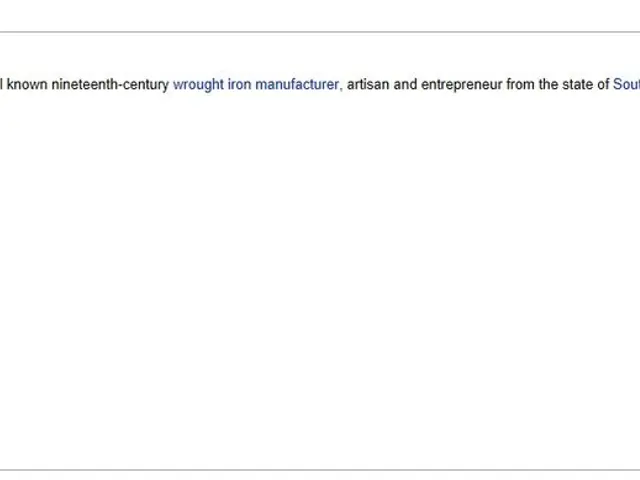Michigan's Governor privately informed Trump that auto industry jobs are contingent upon a revisal in tariffs
The automotive industry in Michigan, a crucial economic backbone, is facing significant challenges due to President Trump's tariffs. In the second quarter alone, Ford reported $800 million in tariff-related costs, while GM said the import taxes cost it $1.1 billion [1][2]. Ford CEO Jim Farley expects tariffs to be a net headwind of about $2 billion this year [1][2].
These costs are being passed on to consumers in the form of higher vehicle prices and reduced production volume. Ford, GM, and Stellantis are all adjusting their strategies to offset these costs, which also means fewer vehicle options, especially for entry-level models [3][4].
Smaller suppliers in Michigan have felt the strain as well. Detroit Axle, a family-run auto parts distributor, initially announced it might have to shut down a warehouse and lay off more than 100 workers due to the impact of the tariffs, but later said it would be able to keep the facility open, at least for now [1][2].
The economic impact of the tariffs extends beyond manufacturing, affecting local communities and families through higher prices and job insecurity [2][5]. Since Trump returned to the White House, Michigan has lost 7,500 manufacturing jobs [6].
Michigan Governor Gretchen Whitmer met privately with President Trump in the Oval Office to discuss the impact of the tariffs on the state's automotive industry. Whitmer presented her points about the impact of the tariffs in a visual slide deck and left copies with his team [7].
Whitmer warned Trump about the severe economic damage the tariffs could cause in Michigan. However, Trump offered no specific commitments during the meeting [8]. This was Whitmer's third meeting with Trump at the White House since he took office in January [9].
Whitmer's strategy for dealing with Trump is unique compared to many other Democratic governors. Her approach, which includes presenting her points in a visual slide deck, seems to have paid off, as she managed to secure a meeting with the President [7][10].
AP VoteCast found that Trump won Michigan in 2024 largely because two-thirds of its voters described the economic conditions as being poor or "not so good," and roughly 70 per cent of the voters in the state who felt negatively about the economy backed the Republican [11].
Sources:
- Ford expects tariffs to be $2 billion headwind this year
- GM loses $1.1 billion in Q2 due to tariffs
- Tariffs cause reduction in vehicle production and options
- Tariffs drive up vehicle prices
- Economic impact of tariffs on Michigan's communities and families
- Michigan loses 7,500 manufacturing jobs since Trump returned to office
- Whitmer presents points about tariffs in a visual slide deck
- Trump offers no specific commitments during meeting
- Third meeting with Trump at the White House
- Whitmer's unique approach to dealing with Trump
- AP VoteCast findings on Trump's win in Michigan
- The news of Trump's tariffs on imported goods has become a significant topic in both political discussions and general news, with the automotive industry, particularly in Michigan, being among the most affected.
- The automotive industry, a vital part of Michigan's economy, has faced a challenging period due to the tariffs, with companies like Ford, GM, and Stellantis reporting significant costs as a result.
- Ford, GM, and Stellantis are adjusting their strategies to counteract the tariffs, which has led to fewer vehicle options, especially for entry-level models.
- These tariffs have resulted in higher vehicle prices for consumers, making cars more expensive to buy.
- Smaller suppliers in Michigan, such as Detroit Axle, have also felt the brunt of these costs, with some announcing potential layoffs and shutdowns.
- The economic impact of these tariffs goes beyond manufacturing, affecting local communities and families through higher prices and job insecurity.
- Michigan Governor Gretchen Whitmer has met with President Trump multiple times to discuss the negative effects of the tariffs on the state's automotive industry, presenting her points visually in a slide deck.
- Despite Whitmer's pleas, President Trump has not offered specific commitments to address the issue, leading to concerns about the future of Michigan's automotive industry and economy.
- AP VoteCast's findings suggest that Trump's poor economic performance may have contributed to his win in Michigan, as two-thirds of voters described economic conditions as poor or "not so good".
- Michigan's Governor Whitmer's unique strategy, which involves visual aids in meetings, seems to have been effective in securing meetings with the President, setting her apart from other Democratic governors.








